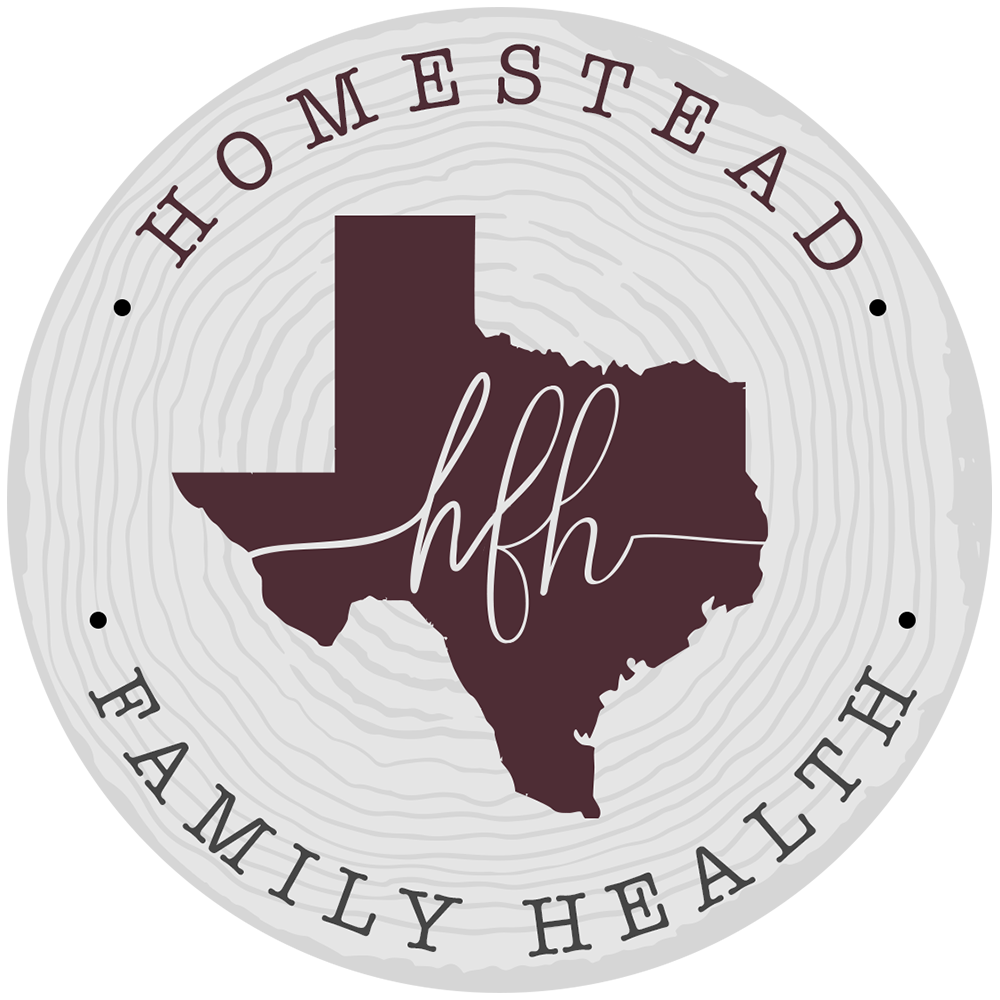As you work to find additional care for your loved ones or clients, you should carefully assess their needs by evaluating their ability to handle the Activities of Daily Living. If you are wondering, the Activities of Daily Living, or ADLs, are six activities that are assessed to determine how well a senior is capable of living on their own.
Some insurance organizations do ADL assessments to verify patient needs before they will pay for certain forms of care, such as nursing facility care. Because of this, you should make sure you know which ADLs you or your loved one needs help with. Then, you can find the care you need and have it covered by your insurer.
The Six ADLs
Each ADL comprises a set of actions that are essential to the health and safety of human beings. They are as follows:
- Bathing – The ability to bathe oneself completely. To prove competence in this area, only a minimum of a single body part can be cleaned by another individual.
- Dressing – This ADL involves retrieving clothes from the storage space and using the appropriate fasteners when putting them on. Help can be used to tie shoes.
- Toileting – This ADL involves going to the bathroom without needing help. This process involves getting on or off of the toilet, taking off and putting on clothes, and cleaning the genital area sufficiently.
- Transferring – This ADL refers to one’s ability to get in and out of their chair or bed without needing assistance. This does not include the use of mechanical transferring aids.
- Continence – One must have complete control over urination and defecation to meet this ADL.
- Feeding – The ability to transfer food from a plate or bowl into the mouth with no assistance. Food can be prepared and provided by other people.
How To Assess ADLs
Doing an assessment can help shed light on what additional help might be needed by seniors. If the senior in question is capable of doing every ADL with no assistance, then it is likely that they fall into the category of “full function”. This means they can take physical care of themselves with no aid. A score of four out of six means they have a “moderate impairment”, and a score lower than two signals that they have a “severe functional impairment”. If they fall into the last category, they effectively must rely completely on other people to care for them physically.
Progression of ADLs
It is typical for seniors to lose competency in certain areas of their ADLs as time goes on. For example, bathing, which is a difficult task, often becomes more challenging over time. Feeding oneself, on the other hand, is typically possible even for someone who has a severe functional impairment.
We’re Here to Help
If you or a loved one are struggling to complete ADLs, we can provide you with the assistance you need. Give us a call today at 830-217-6711 for more information about the services we offer.

